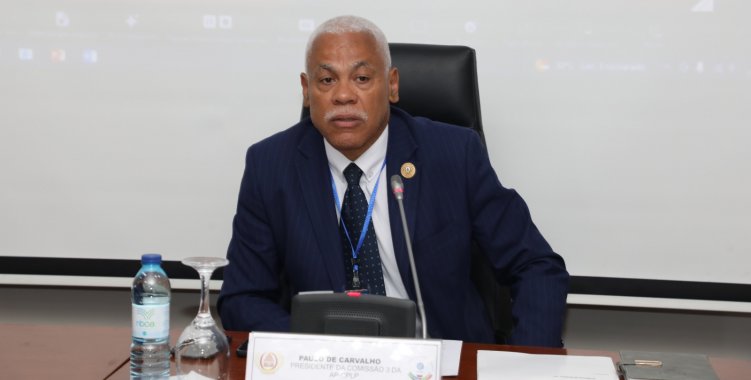The position taken was transmitted by the president of Committee 3 – Language, Education, Science and Culture of the Parliamentary Assembly of the Community of Portuguese Speaking Countries (AP-CPLP), Paulo de Carvalho, at the end of the work of the second meeting of this body that took place in Luanda.
The Angolan deputy recalled that the "Ratification of the 1990 Portuguese Language Orthographic Agreement" was the central theme of this meeting, where participants noted that the treaty, which aims to create a unified orthography for Portuguese, continues to generate controversy.
"We note the fact that the Orthographic Agreement is still generating a lot of controversy, a lot of confusion, even in the countries that benefited the most, I can say, from the agreement, there is also a lot of discussion there, particularly in Portugal and Brazil", he said.
According to the parliamentarian, in African countries and in Timor-Leste the discussion around the Orthographic Agreement "is greater", as there are "a series of issues of a linguistic, social and anthropological nature that have not been considered and that the executives of these countries have been to complain".
He recalled that Timor-Leste ratified the Orthographic Agreement with reservations, "because it also considers that there are needs for corrections to the Agreement, signed by all member states of the CPLP on December 16, 1990, in Lisbon, with Angola and Mozambique among the countries that do not ratified".
The AP-CPLP meeting, which took place in the country's capital, decided "in consensus that there is a need to make rectifications to the Agreement so that it can be ratified soon", highlighted Paulo de Carvalho, admitting that the sooner the rectifications are made "sooner the executives and parliaments of the States that have not yet rectified will do so".
Unifying spelling standards at the level of the Portuguese-speaking bloc are among the main purposes of this international treaty signed 33 years ago and which has been slow to be ratified by all CPLP countries, which raise socio-cultural issues for the respective peoples.
The meeting, in which Angola assumed the rotating presidency of the body for a year, with the vice-presidency of Guinea-Bissau and the secretariat of Portugal, also discussed topics to be discussed in future meetings, namely the spread of the Portuguese language in the republics of Equatorial Guinea and Timor-Leste and Portuguese-speaking universities, proposed by Portugal.
Angola, Brazil, Cape Verde, Guinea-Bissau, Equatorial Guinea, Mozambique, Portugal, São Tomé and Príncipe and Timor-Leste are the nine countries that make up the CPLP.







